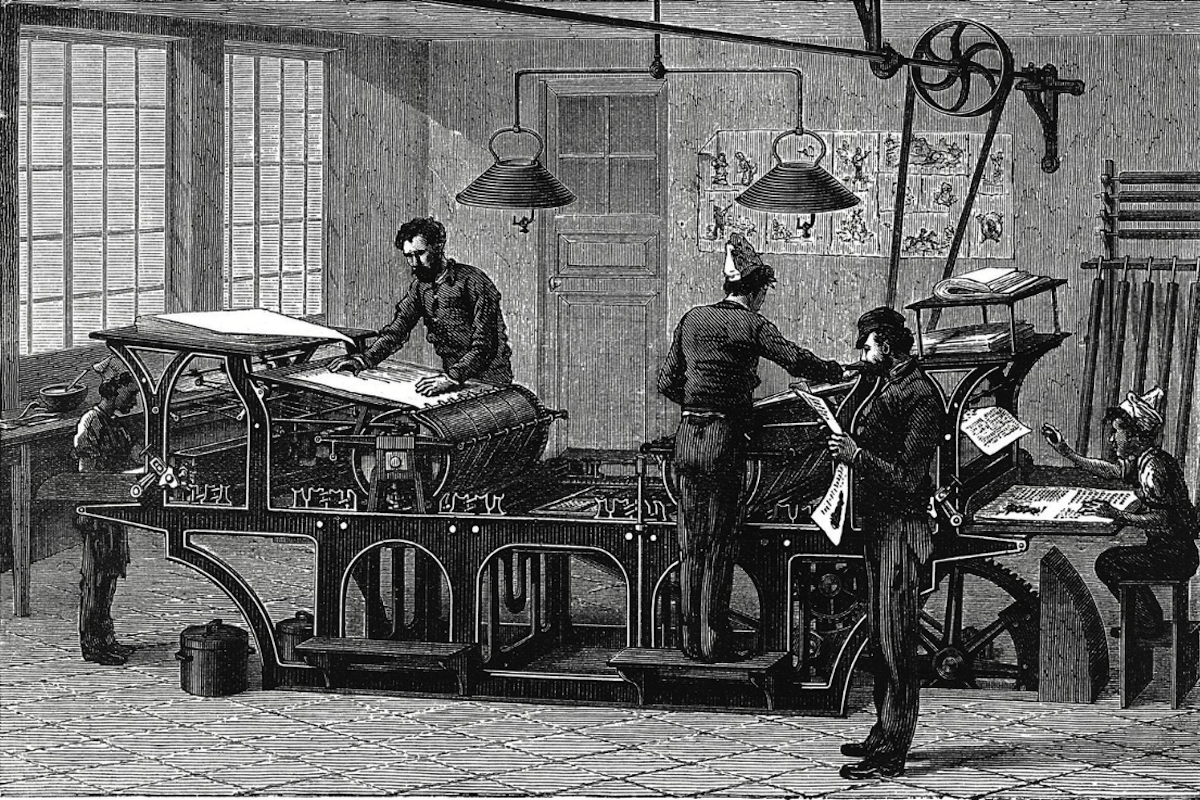Infinite Information & Sense-Makers (#48)
We have supplanted direct knowledge with access — googling everything we want answered.

In the 16th century it was possible to read most of everything that had ever been written. It's nearly unfathomable to comprehend that 16th century world given today's ever increasing content, broadening fields of study, and data landscape. We have supplanted direct knowledge with access — googling everything we want answered. We rely on machines to parse and summarize, filtering to us the bite-sized, digestible snippets that answer our questions. All content is within the reach of the supercomputer in our pockets.
Much of our searching is shallow, trivial — when we want to go deeper we easily become frustrated with the search results, often circular and self-referential, keeping us in the echo chamber. It has become an art to use a single text field — keying in unique, critical words — to find the result we seek. So quantity is working against us now, and this is to say nothing about the quality of the material which may be contaminated with intentional falsehoods, disinformation, and propaganda.
As we covered in Perfection & Style [#31], quantizing and AI-powered tools have the potential to sanitize us, making our learnings shallower, all while feeding our desire for gained efficiencies. This is where the sense-makers play a key role. These are the tribe members who have obtained a depth of domain knowledge which qualifies them to express their opinionated views. To get to this status, an aspiring sense-maker needs to conduct research, challenge assumptions, and test theories. They are driven by ceaseless curiosity.
“The best leaders are sense-makers.” -General Martin Dempsey
We know that leadership shouldn't be measured by organization size. Leadership is measured by the impact one has. Sense-makers provide us order, informed direction, context. They are truthful, factual, and support their cases with examples. Sense-makers remind us to be independent thinkers and validators. Their impact allows us to cut through the noise, to align on our desired results and approaches. Google results might educate us, but they don't help us make sense of the world.
See the whole series by using the Paradox Pairs Index
Jared Marcel Pollen has a great article covering the historical role of sense-makers. He writes this against the backdrop of intellectual dislocation and how dependence on popular sources of "perspective" will weaken our ability to think for ourselves.






